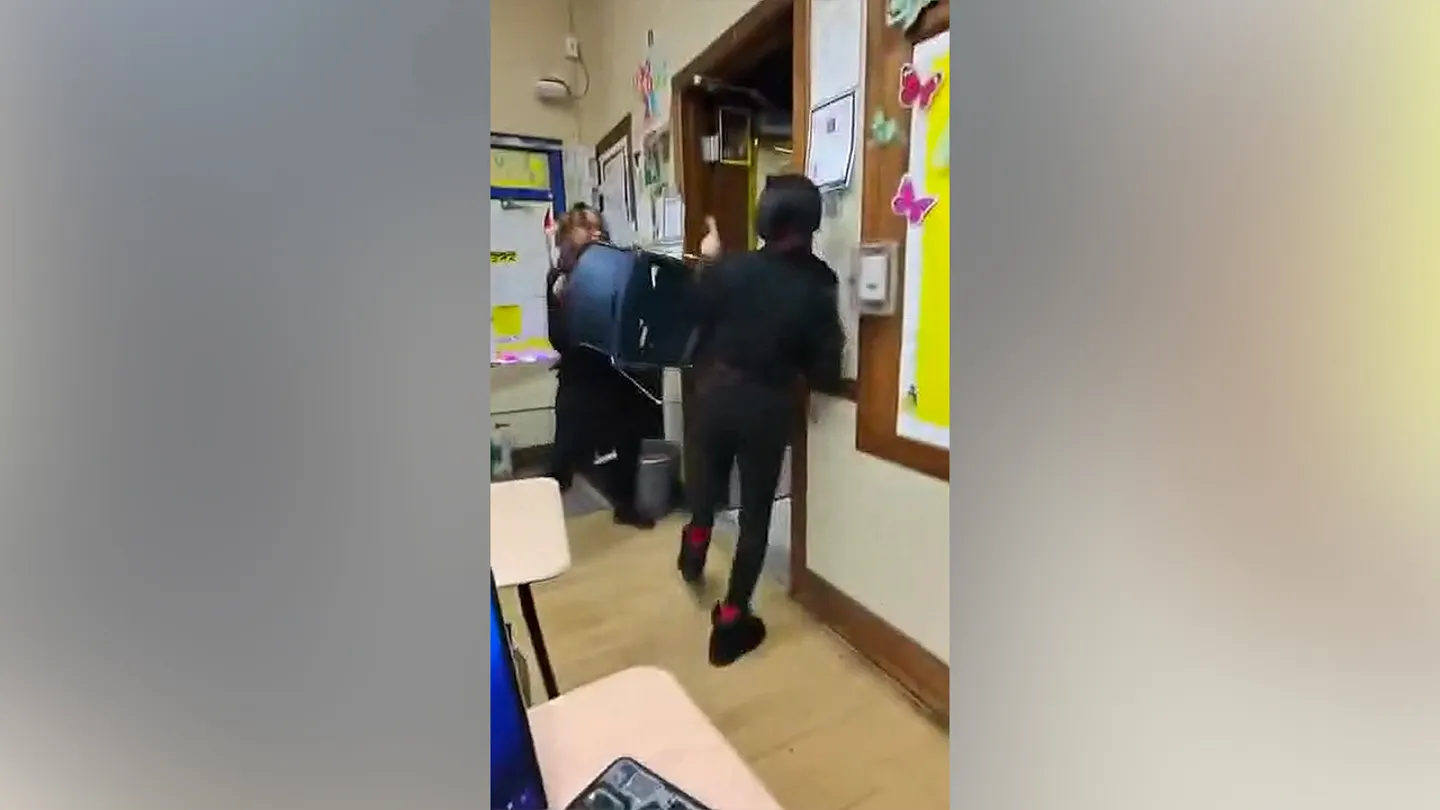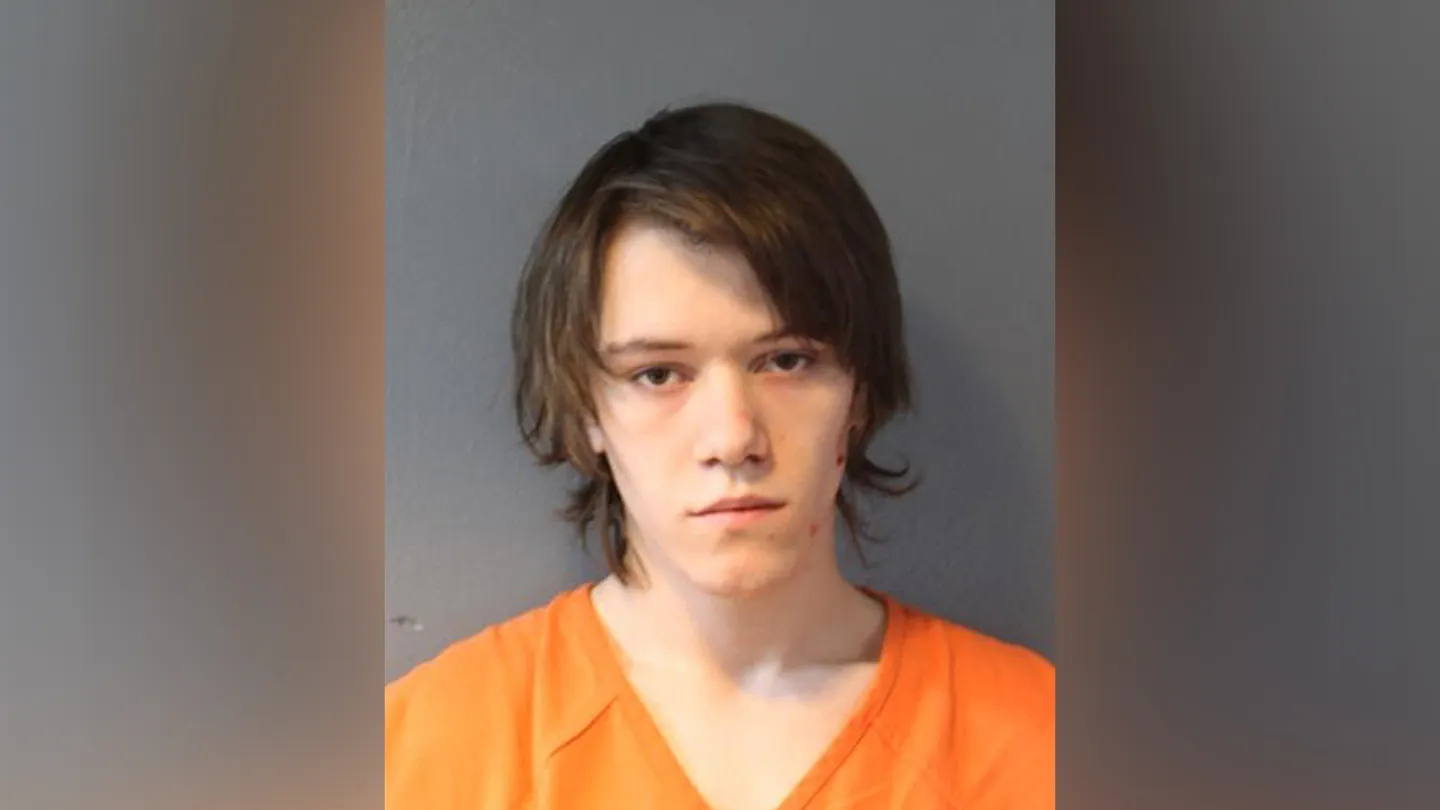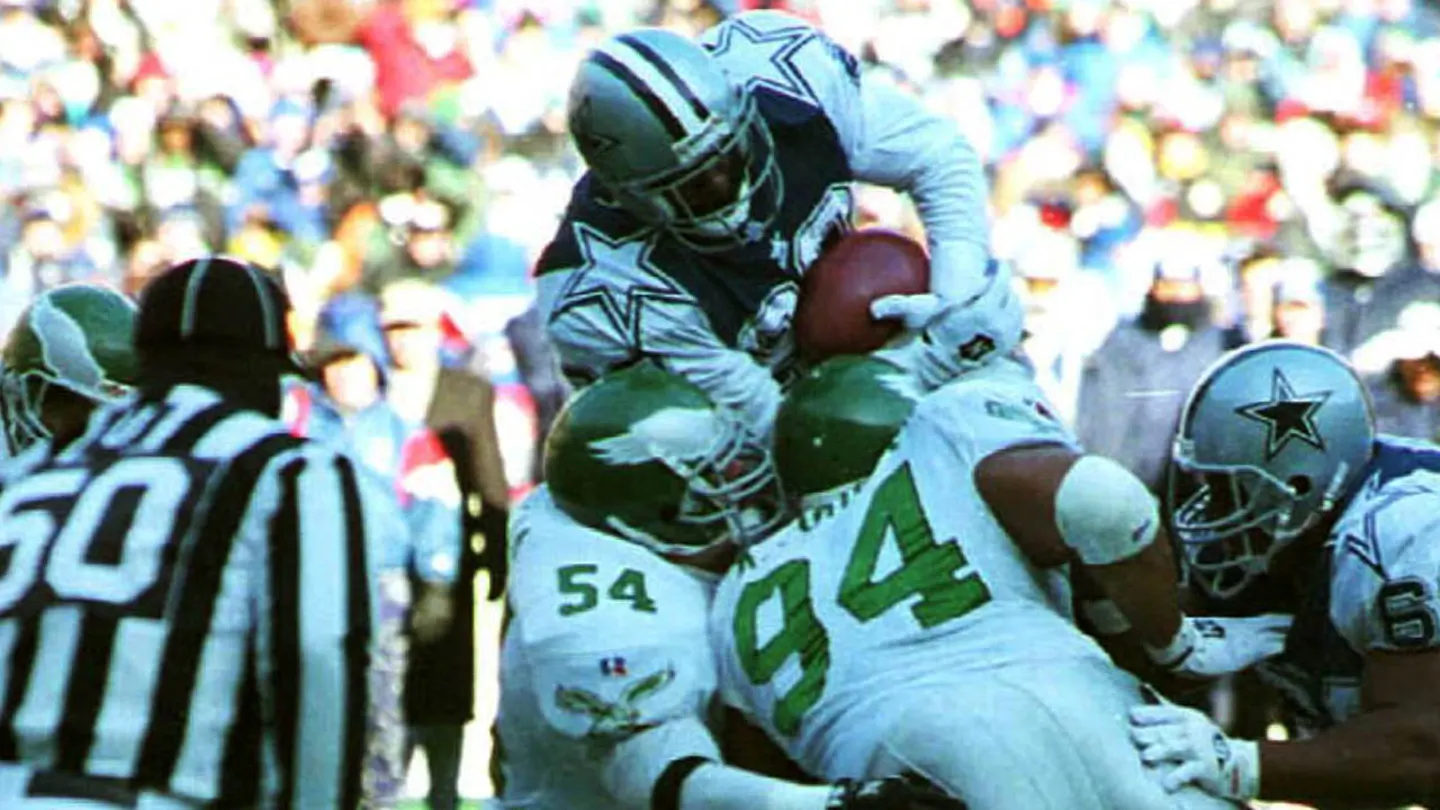Testimony begins Wednesday in a hearing with life-or-death implications for Missouri inmate Marcellus Williams.
The case before St. Louis County Circuit Judge Bruce Hilton is on a motion filed by Prosecuting Attorney Wesley Bell seeking to vacate Williams’ 1998 murder conviction. Time is of the essence: Williams is scheduled to be executed Sept. 24, and neither Missouri Gov. Mike Parson nor Attorney General Andrew Bailey has shown any inclination to delay the process.
Williams, 55, was convicted of first-degree murder in the 1998 stabbing death of Lisha Gayle. He was hours away from execution in August 2017 when then-Gov. Eric Greitens, a Republican, granted a stay after DNA testing unavailable at the time of the killing showed that DNA on the knife matched someone else, not Williams.
That evidence prompted Bell to reexamine the case.
“This never-before-considered evidence, when paired with the relative paucity of other, credible evidence supporting guilt, as well as additional considerations of ineffective assistance of counsel and racial discrimination in jury selection, casts inexorable doubt on Mr. Williams’s conviction and sentence,” Bell’s motion states.
Williams, who is Black, was convicted and sentenced to death by a jury consisting of 11 white people and one Black person.
Bailey, a Republican, stated in a June court filing that “evidence supporting conviction at trial was overwhelming,” despite the new DNA claims.
A 2021 Missouri law allows prosecuting attorneys to file a motion seeking to vacate a conviction they believe was unjust. The law has resulted in exonerations of three men who spent decades in prison, including Christopher Dunn last month.
Typically, a judge hears a few days of testimony then takes up to two months to weigh the evidence. Hilton won’t have the luxury of time though: Williams’ execution is 34 days away.
The Missouri Supreme Court set the September execution date on June 4, hours after it ruled that Parson, a Republican, was within his rights when he dissolved a board of inquiry convened by Greitens after he stopped the 2017 execution.
The inquiry board, consisting of five retired judges, never issued a ruling or reached a conclusion on whether the new DNA evidence exonerated Williams. Parson dissolved the board in June 2023, saying it was time to “move forward.”
Johnathan Shiflett, spokesperson for Parson, said the governor “will give thoughtful consideration to the question of clemency for Mr. Williams, just as he has for all other capital punishment cases during his tenure, but no decision has been made at this time.” Parson, a former county sheriff, has been governor for 11 executions and never granted clemency.
In addition to Dunn, who spent 34 years behind bars for the death of a 15-year-old St. Louis boy, the Missouri law allowing prosecutors to challenge convictions led to freedom for two other men — Kevin Strickland and Lamar Johnson. Bailey was not attorney general when Strickland’s case went to a hearing, but his office opposed vacating the convictions of Dunn and Johnson.
Bailey also opposed efforts to overturn the conviction of Sandra Hemme, who spent 43 years in prison for murder, though that case was adjudicated through appeals, not a prosecutor’s motion. A judge ruled in June that Hemme should be freed. Bailey filed multiple appeals to try and keep her behind bars, but Hemme was released in July.
Strickland was freed in 2021 after serving more than 40 years for three killings in Kansas City after a judge ruled he had been wrongfully convicted in 1979. In 2023, a St. Louis judge overturned Johnson’s conviction. He served nearly 28 years for a killing he always said he didn’t commit.
Williams is the first death row inmate whose innocence claim will go before a judge since passage of the 2021 law. He’s getting support from another former condemned inmate. Joseph Amrine spent 17 years on death row before he was freed in 2003 after the Missouri Supreme Court ruled that no credible evidence linked him to the killing of another inmate.
“The state has nothing to gain by killing the wrong person,” Amrine said in a statement. “I hope the Attorney General’s office can change their approach and acknowledge there are human beings impacted by their actions.”
Prosecutors at Williams’ trial said he broke into Gayle’s suburban St. Louis home on Aug. 11, 1998, heard water running in the shower, and found a large butcher knife. When Gayle came downstairs, she was stabbed 43 times. Her purse and her husband’s laptop were stolen. Gayle, who was white, was a social worker who previously worked as a reporter for the St. Louis Post-Dispatch.
Authorities said Williams stole a jacket to conceal blood on his shirt. Williams’ girlfriend asked him why he would wear a jacket on a hot day. The girlfriend said she later saw the laptop in the car and that Williams sold it a day or two later.
Prosecutors also cited testimony from Henry Cole, who shared a St. Louis cell with Williams in 1999 while Williams was jailed on unrelated charges. Cole told prosecutors Williams confessed to the killing and offered details about it.
Williams’ attorneys responded that the girlfriend and Cole were both convicted felons out for a $10,000 reward.




